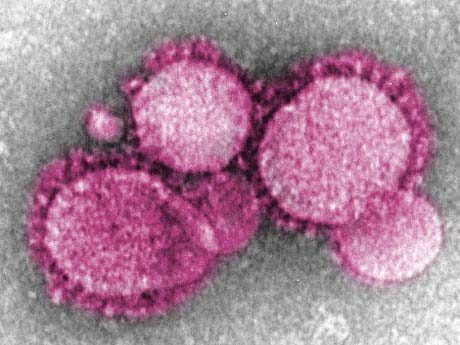
The Supreme Council of Health (SCH) has published information online in both Arabic and English to raise awareness about the threat posed by the Middle East Respiratory Syndrome (MERS.)
The virus – until recently called novel coronavirus (nCoV) – has a high fatality rate in diagnosed cases.
The World Health Organization has confirmed three new cases in Saudi Arabia in recent days, including one death. There have now been a total of 58 confirmed cases of MERS worldwide, leading to 33 deaths. Some 25 of these cases originated in KSA.
No new cases of MERS have emerged in Qatar since the virus was discovered last September, but a Tunisian man who visited the country in March and recently died at home is thought to have had contracted MERS here.
Jordan and the UAE have also been the source of MERS infections.
France, Germany, Italy, Tunisia and the UK have also reported cases, but these were “either transferred there for care of the disease or returned from the Middle East and subsequently became ill,” the WHO says.
Advice
The SCH’s website contains common sense advice about preventing transmission of the virus, including washing hands frequently and covering your mouth when you cough.
It also explains that there is currently no cure available for MERS:
“There are no specific treatments for illnesses caused by the novel coronavirus. Medical care is supportive and to help relieve symptoms. Lab tests (polymerase chain reaction or PCR) for the novel coronavirus are available at HMC Virology Lab.”
Last month, HMC announced that it had set aside 18 rooms for any patients who come down with the virus.
The SCH has also established a hotline for anyone concerned about the virus – 6674 0951.
The WHO has more useful information here.
Symptoms
The most common symptoms of MERS are a fever, cough, and breathing difficulties, and occasionally diarrhea in patients with weakened immune systems.
So far, all human-to-human transmission of MERS has occurred within households, between colleagues, or in the hospital.
MERS is thought to be animal in origin, although scientists aren’t sure yet which animal is the source of the virus.
No travel restrictions or border controls are currently in place for visitors to the region, although the WHO suggests any travelers developing severe respiratory problems on their return to their home countries should be tested for MERS.
Thoughts?
Credit: Photo from AJC1 on Flickr







